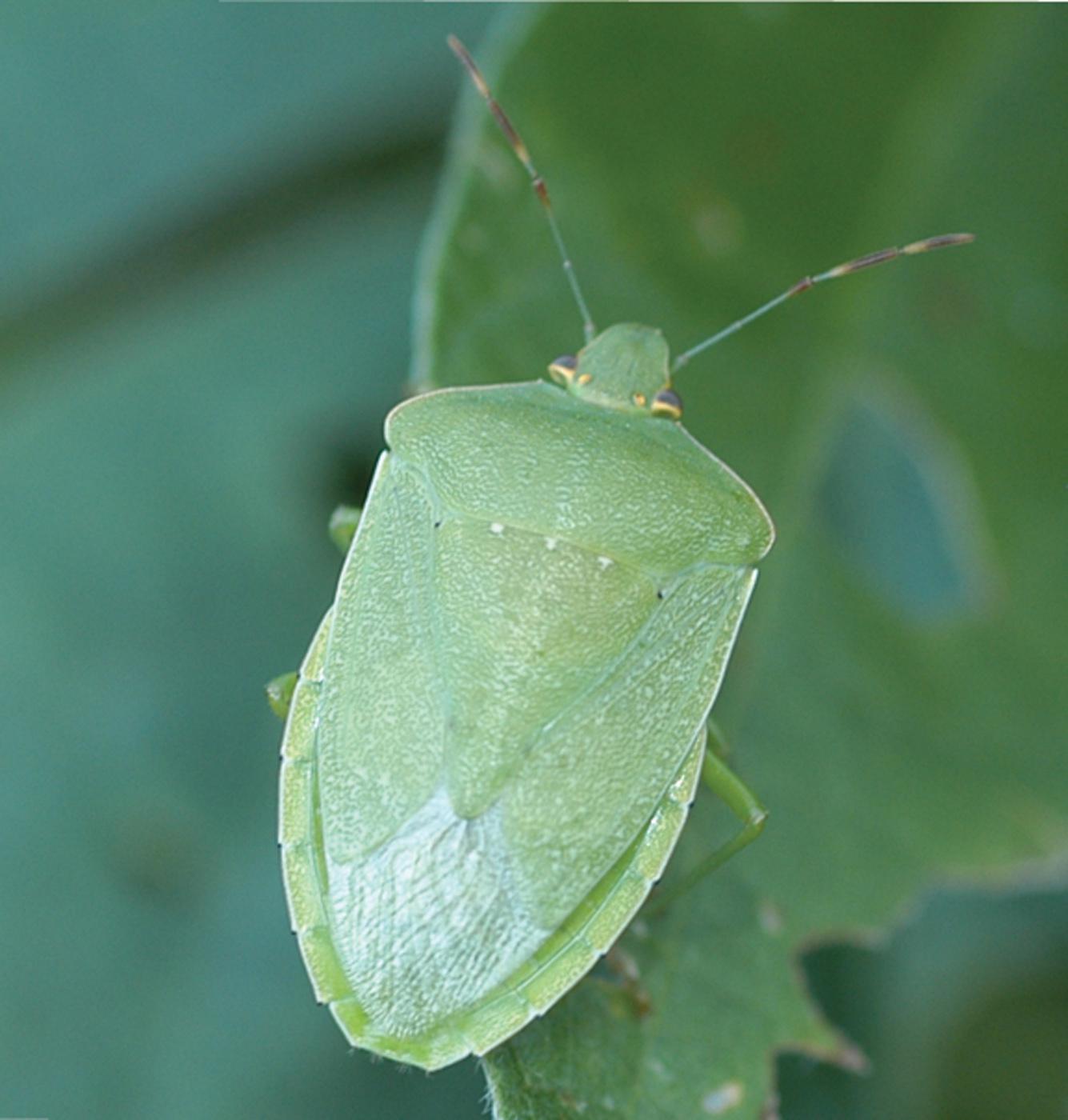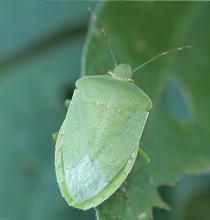Information Possibly Outdated
The information presented on this page was originally released on March 1, 2012. It may not be outdated, but please search our site for more current information. If you plan to quote or reference this information in a publication, please check with the Extension specialist or author before proceeding.
Spring rains, warmth boost insect numbers
MISSISSIPPI STATE – Many Mississippians wonder whether the mild winter will increase the insect pest populations in their gardens and fields this year. However, spring weather could be the more significant factor, said Mississippi State University experts.
MSU Extension Service entomologist Angus Catchot said he is asked about the impact of the winter weather on insect populations everywhere he goes.
“Generally, you can make some assumptions on how cold or mild winters will impact insect pest numbers, but usually it is more about the spring than the winter,” he said. “For example, you can have a really harsh winter that kills most of an overwintering population of insects, but a very favorable spring, where conditions are perfect for wild host plants. Then insect numbers can rebound very rapidly.
“On the other hand, you can have a very mild winter and many more insect pests than usual can survive the winter, followed by a spring with limited host plants. Then numbers can actually be reduced going into summer,” he said.
Catchot said winter survival of parasites or parasitoids that feed on certain insect pests may keep insect populations in check.
“This winter has certainly been a mild one so far, and the early spring is shaping up to have adequate rainfall for abundant wild host plants,” he said. “Most folks guess we’ll see a resurgence in some insect pests that we haven’t seen in high numbers for a couple of years.”
Insects survive seasonal temperature changes in a variety of ways, and growers need to increase their awareness of native and invasive insect populations as winter gives way to spring.
Blake Layton, an entomologist and Extension professor at MSU’s Department of Biochemistry, Molecular Biology, Entomology and Plant Pathology, said the state’s native pests are well-adapted to the variable winter temperatures. In contrast, invasive insects use warmer temperatures to establish themselves in the state as they move from subtropical climates.
“Once these insects get a toehold in the Gulf Coast, they can move farther north. The Argentine ant has been seen in north Mississippi,” he said. “They can displace fire ants, and they don’t sting. If they stay outside, they are beneficial. The problem is they like to come inside.”
Layton had a colony of Argentine ants in his yard, but they disappeared during last year’s cold winter. He did not get any calls about them from clients, either.
“A winter like this, though, can allow them to survive. Tropical and subtropical adapted insects will be affected most when we have a warm winter,” he said. “Two years ago, the big concern in row crops was the redbanded stink bug, which had moved from Louisiana into the Delta. The cold winter of 2010 resulted in the disappearance of the redbanded stink bug from Mississippi, since stink bugs are greatly impacted by temperatures.
“Last year was a light year for stink bugs in all crops, but this year’s warm temperatures will improve the survival of stink bugs over the winter,” Layton said.
Stink bugs afflict soybeans, cotton and vegetable crops, such as tomatoes and peas. Early generations are not very abundant, but they have several generations per year.
“When you spray for stink bugs, you may impact beneficial insects that help control caterpillars, so then you have to spray for caterpillars. Everything is interrelated,” he said.
For more information on pest control in the home landscape, download Extension Publication P2471, Insect Control Guide for Agronomic Crops,



